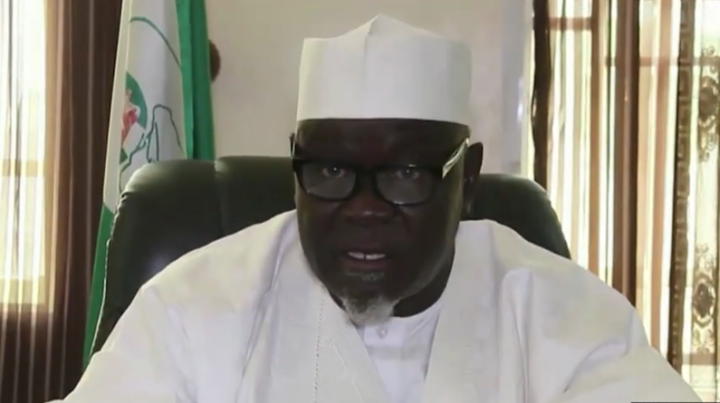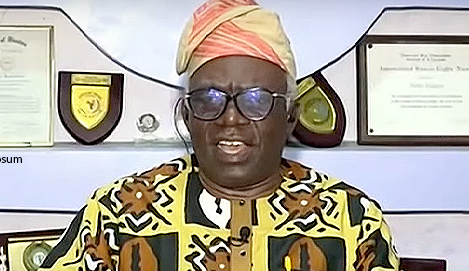Winnie Byanyima
Winnie Byanyima, executive director of the Joint United Nations Programme on HIV/AIDS (UNAIDS), says global HIV infections could rise more than sixfold by 2029 if the US government halts funding for the world’s largest AIDS programme.
Speaking to The Associated Press (AP) from Uganda, Byanyima said new HIV infections have declined in recent years, with 1.3 million cases recorded in 2023—a 60 percent drop since 1995.
However, following President Donald Trump’s announcement of a 90-day freeze on foreign aid, UNAIDS estimates suggest a sharp reversal.
The UNAIDS director noted that by 2029, new infections could reach 8.7 million, adding that AIDS-related deaths may soar to 6.3 million, while 3.4 million children could be orphaned.
Advertisement
“We will see a surge in this disease,” Byanyima said.
“This will cost lives if the American government doesn’t change its mind and maintain its leadership.”
She added that the US government has been the largest contributor to global HIV efforts, with external funding covering about 90 percent of some countries’ programmes.
Advertisement
She noted that nearly $400 million in aid supports efforts in Uganda, Mozambique, and Tanzania, adding that the sudden funding freeze has caused “panic, fear, and confusion” in heavily impacted nations.
She cited Kenya, where 550 HIV workers were laid off immediately, and Ethiopia, where thousands lost their jobs, making it difficult for officials to monitor the epidemic.
Byanyima urged the US to reconsider its stance, suggesting that rather than cutting aid abruptly, Washington could work with international partners on a gradual reduction.
She described the situation as the second-largest crisis in HIV response history—after the years-long delay in providing life-saving antiretroviral drugs to poor countries.
Advertisement
The funding freeze comes at a critical moment, Byanyima added, as a new HIV prevention method, lenacapavir—a twice-yearly injection offering near-complete protection—becomes available.
The drug, developed by American company Gilead and marketed as Sunlenca, could help end HIV as a public health threat within five years.
“International aid helped an American company innovate, to come up with something that will pay them millions and millions, but at the same time prevent new infections worldwide,” she said.
“The freeze in American funding doesn’t make economic sense.”
Advertisement
Byanyima also noted that foreign assistance accounts for less than one percent of the US budget. “Why would you need to be so disruptive for that one percent?” she asked.
Byanyima said she plans to visit European capitals to appeal for support as no other countries or donors have pledged to fill the gap left by US funding.
Advertisement
“People are going to die because lifesaving tools have been taken away from them,” she said.
“I have not yet heard of any European country committing to step in, but I know they are listening and trying to see where they can come in because they care about rights, about humanity.”
Advertisement
Add a comment









